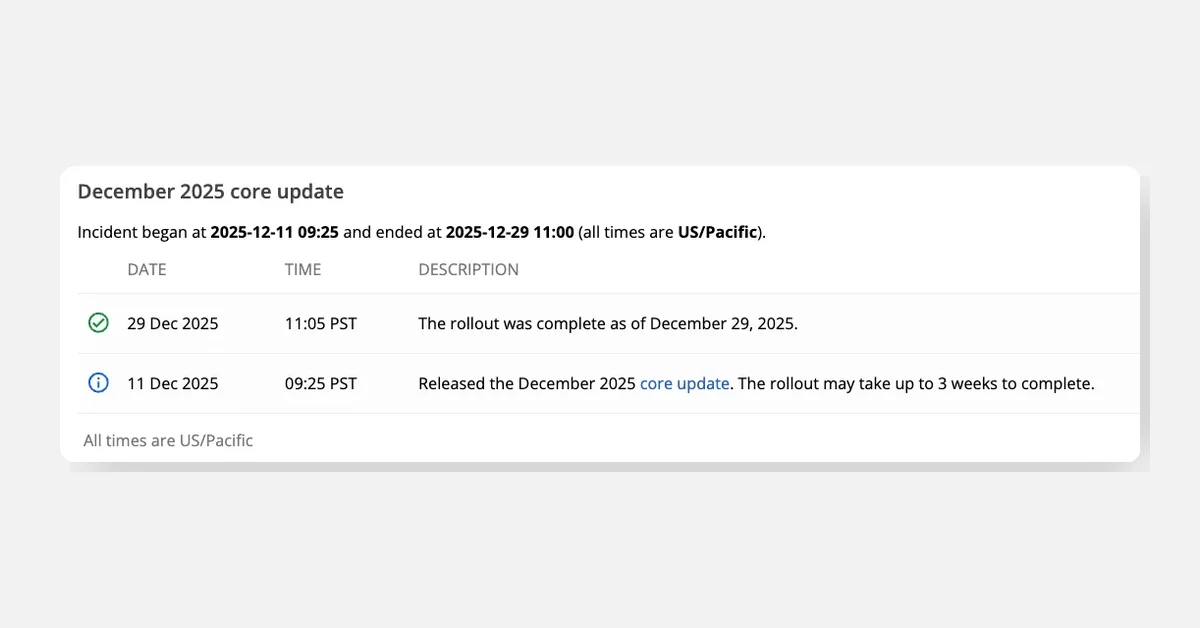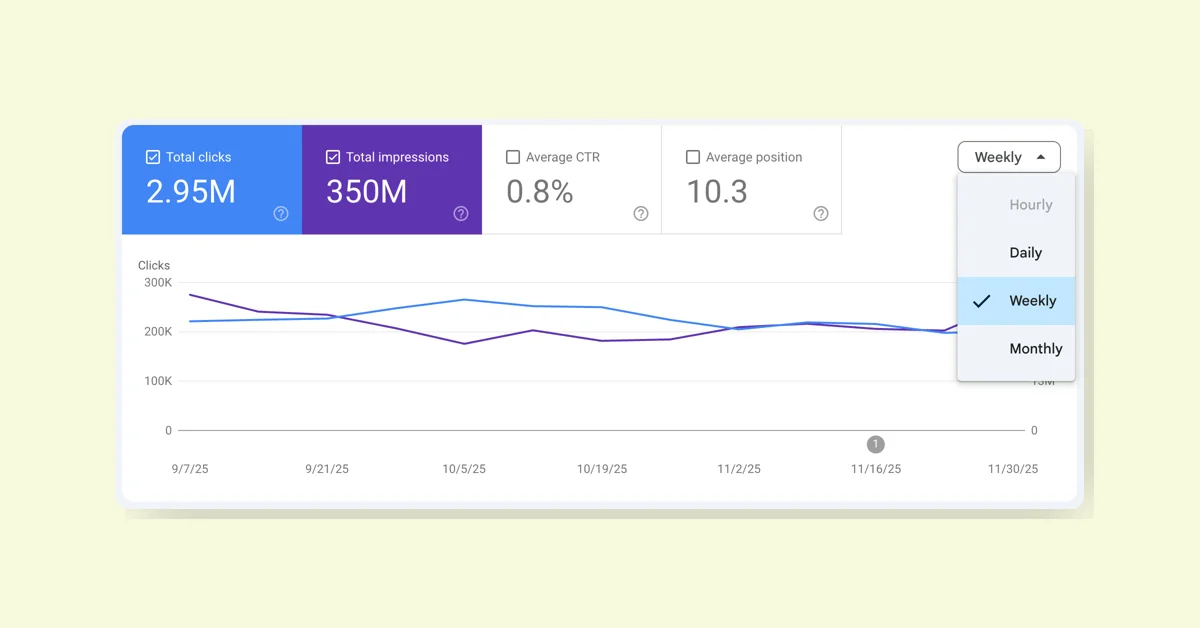Google employees frequently labeled emails as "privileged and confidential" and used "off the record" chat messages, despite instructions to preserve communications for investigators. This strategy might backfire in Google’s second antitrust trial if the judge believes the company intentionally destroyed evidence. The judge could assume missing documents would have been detrimental to Google’s case.
Key Points
- Labeling and Communication Practices: Emails often labeled as "privileged and confidential" and chat messages used "off the record" phrases.
- Litigation Hold: Google employees were instructed to preserve communications, but chat history was off by default. Employees, including Chris LaSala, sometimes used this setting to avoid documentation.
- Testimonies: LaSala admitted to occasionally making mistakes in preserving chat history but claimed it was unintentional. Brad Bender likened chat conversations to casual hallway encounters.
- Legal Training: Google’s "Communicate with Care" training emphasized cautious language in written communications, anticipating regulatory scrutiny.
- Document Preservation: Despite efforts to document business decisions, some communications were intentionally sparse due to sensitivity. Google claims to have produced millions of documents in response to legal inquiries.
Potential Consequences
- Adverse Inference: If the judge concludes Google destroyed evidence, they might assume missing documents were harmful to Google’s case.
- Previous Ruling: In a prior antitrust case, the judge criticized Google’s preservation practices but did not impose sanctions. Future cases might not be as lenient.
Google’s spokesperson emphasized the company’s commitment to preserving and producing relevant documents, including those not covered by legal privilege.



















